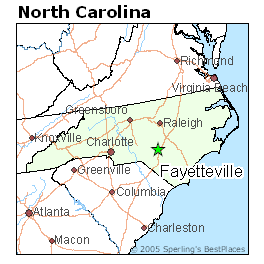|
Craig White's authors |
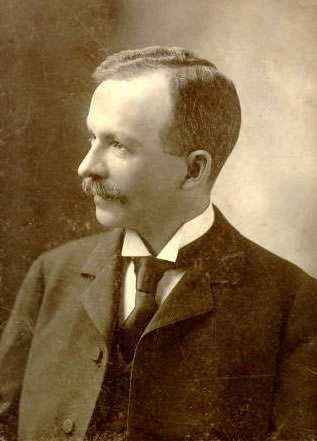 |
Charles W. Chesnutt (1858-1932) author of complex fiction representing African American identity & culture |
 |
Best website: The Charles W. Chesnutt Archive at Berea College, Kentucky: http://www.chesnuttarchive.org/intro.html
| Three years before the Civil War began,
Charles W. Chesnutt was born in the free state of Ohio to parents who
were "free persons of color" from the slave state of North Carolina.
After Emancipation, the family relocated to Fayetteville NC when Charles was three. [for maps of Fayetteville NC & Cleveland OH, scroll to bottom ] |
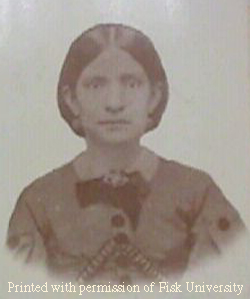 Ann Maria Sampson Chesnutt the author's mother |
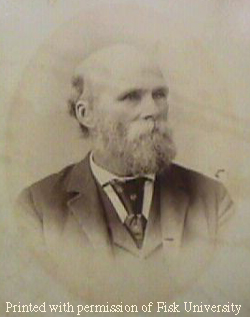 Andrew Jackson Chesnutt the author's father |
Chesnutt became pupil-teacher at a local school and rose to assistant principal at a teacher's college later renamed as Fayetteville State University, home of the Charles W. Chesnutt Library: http://library.uncfsu.edu/
In 1878 he and Susan Perry married and moved to New York City, then to his birthplace of Cleveland, Ohio, where he studied law, passed the bar, and established a successful business in legal stenography.
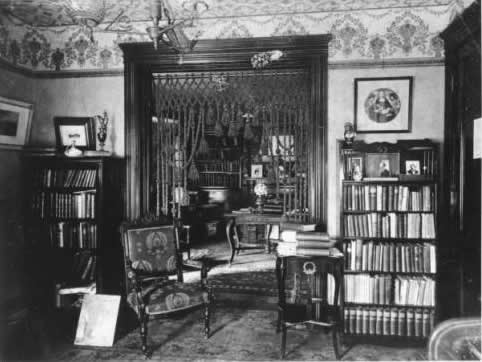 Chesnutt's personal library |
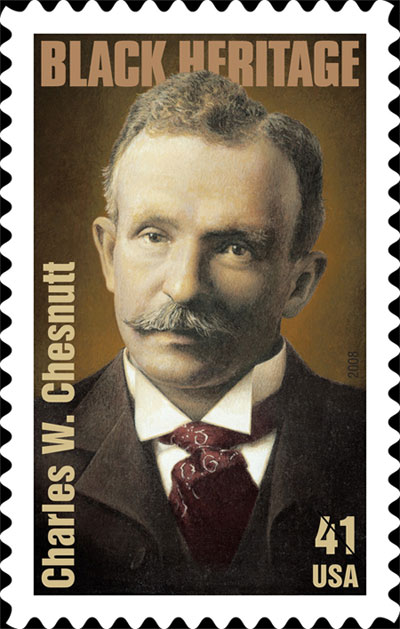 |
In 1887 Chesnutt published his first short story, "The Goophered Grapevine," in the prestigious Atlantic Monthly magazine.
Chesnutt's short stories and novels (including The Marrow of Tradition, 1901) realistically depicted the complexities of African American life following the Civil War and Reconstruction, addressing subjects such as mixed-race heritage and family relations between blacks and whites, the color line, class differences in black culture, lynching, and race riots. He also published a biography of Frederick Douglass.
Chesnutt's writings were admired within the literary community but sold poorly. After 1905 he wrote only occasionally.
Chesnutt remained active in the National Association for the Advancement of Colored People, contributed essays and stories to the NAACP's journal The Crisis, and successfully campaigned against screenings of D.W. Griffith's notorious film Birth of a Nation in 1917.
In 1928 Chesnutt received the NAACP's Spingarn Medal for outstanding contributions to African American life.
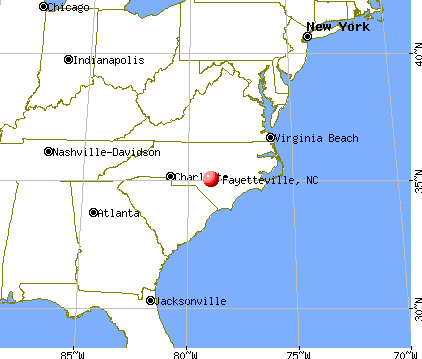 |
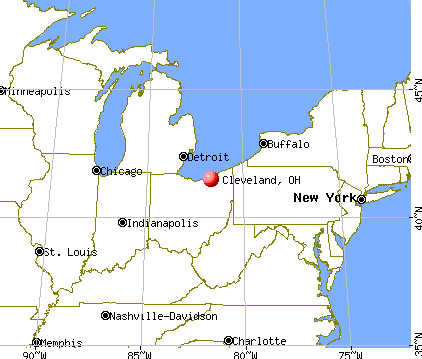 |
